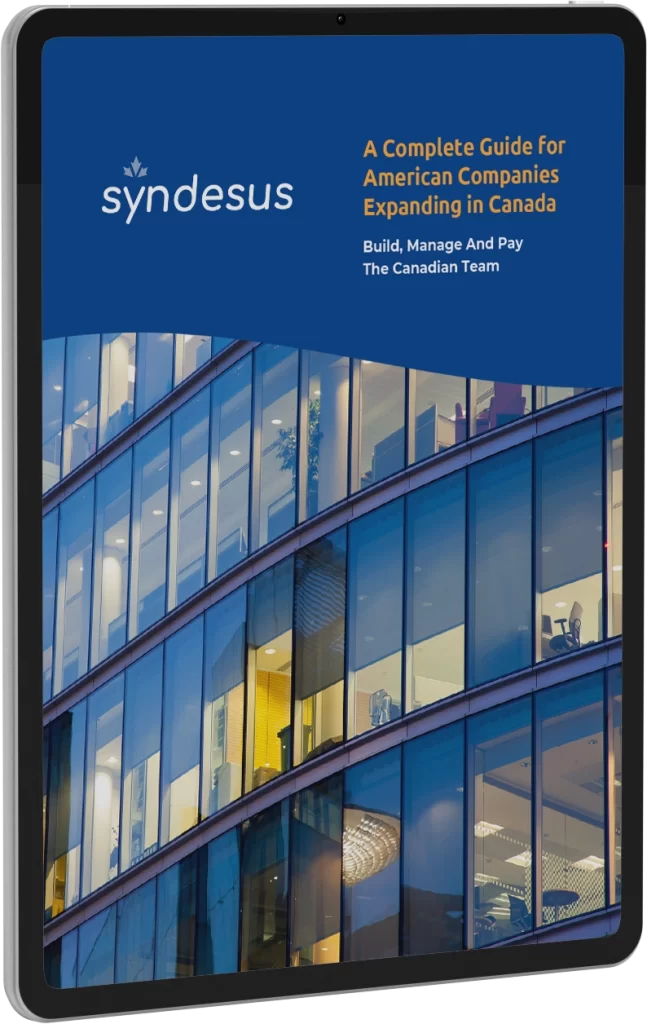“We had two weeks to find a solution for our lead ML engineer after his H-1B renewal was denied. Two weeks to prevent a critical project from derailing.”
This reality, shared by a CTO of a Series B startup, is playing out across boardrooms nationwide. As of January 2025, significant H-1B policy changes have left many companies scrambling to protect their engineering teams and maintain project timelines.

Key H-1B Changes in 2025
The U.S. Citizenship and Immigration Services (USCIS) has introduced several updates that impact how companies hire and retain foreign tech talent:
- New wage-level prioritization in the H-1B lottery system
- Increased scrutiny of third-party worksite arrangements
- Stricter specialty occupation qualifications
- New compliance requirements for remote work arrangements
According to USCIS data, these changes have led to a 23% increase in initial denial rates for tech positions, disproportionately affecting software engineers and data scientists.
Business Impact: What’s at Stake?
For Scale-ups (100-500 Employees):
- Average project delay: 3-4 months per lost senior engineer
- Knowledge transfer gaps: 6+ months of recovery time
- Recruitment costs: $180,000 per replaced senior position
- Team morale impact: Up to 5 additional employees affected
For Startups (10-50 Employees):
- Funding milestone risks due to project delays
- Loss of technical leadership during critical growth phases
- Cost impact: $50,000-$100,000 per month in delayed product development
- Increased difficulty securing funding due to team instability
Time-Sensitive Action Items
For Employees on OPT (0-3 Years Experience):
- Start contingency planning 8 months before OPT expiration
- Identify H-1B alternatives 6 months before the lottery
- Consider Canadian work authorization if H-1B is denied
- Document critical project knowledge and create transition plans
For H-1B Holders (3-8 Years Experience):
- Begin renewal planning 12 months before expiration
- Explore permanent residency options
- Evaluate Canadian expansion strategies if renewal is uncertain
- Implement knowledge-sharing protocols across teams
Strategic Solutions for Tech Companies
Immediate Actions (0-30 Days):
- Audit visa statuses and identify at-risk employees
- Document critical projects and dependencies
- Consult with immigration experts
- Establish emergency communication protocols
Medium-Term Strategy (30-90 Days):
- Align remote work policies with immigration compliance
- Establish a Canadian entity or partner with an Employer of Record (EOR)
- Create standardized knowledge transfer procedures
- Build redundancy in critical technical roles
Long-Term Planning (90+ Days):
- Implement a distributed team architecture
- Develop global talent retention strategies
- Integrate immigration-aware hiring practices
- Build long-term partnerships with immigration solution providers
The Canadian Solution: Facts vs. Myths
What’s Actually True:
- Work permit processing: 2-4 weeks for qualified candidates
- Immediate work authorization for spouses
- Clear permanent residency pathway within 24 months
- No lottery system for work permits
Common Misconceptions:
- Myth: Canadian salaries are significantly lower
Reality: When factoring in benefits and cost of living, total compensation is often comparable to U.S. packages. - Myth: Relocation disrupts team cohesion
Reality: Proximity and same time zones enable regular collaboration and in-person meetings.
Take Action Today
Don’t wait until a visa denial puts your projects at risk. Here’s what you can do now:
✔ Download our free guide for employers hiring foreign talent
✔ Schedule a 30-minute strategy session with our immigration experts
✔ Get a custom timeline for your team’s immigration needs
✔ Explore Canadian expansion and employee relocation options
How Syndesus Delivers Results
We help U.S. tech companies maintain engineering team stability through:
- Canadian employment solutions
- Full compliance and payroll management
- Comprehensive relocation support
- Ongoing HR and immigration guidance
Our solutions have helped companies:
- Reduce visa-related attrition by 95%
- Maintain project timelines during transitions
- Save an average of $150,000 per retained engineer
- Preserve team culture and productivity
Act Now to Secure Your Team’s Future
Time is critical when dealing with immigration challenges. Visit our talent retention solutions page to:
- Schedule a risk assessment call
- Get your custom timeline
- Learn about immediate solutions for your team
Your engineering team’s stability is too important to leave to chance. Let’s build a resilient future for your company together.
